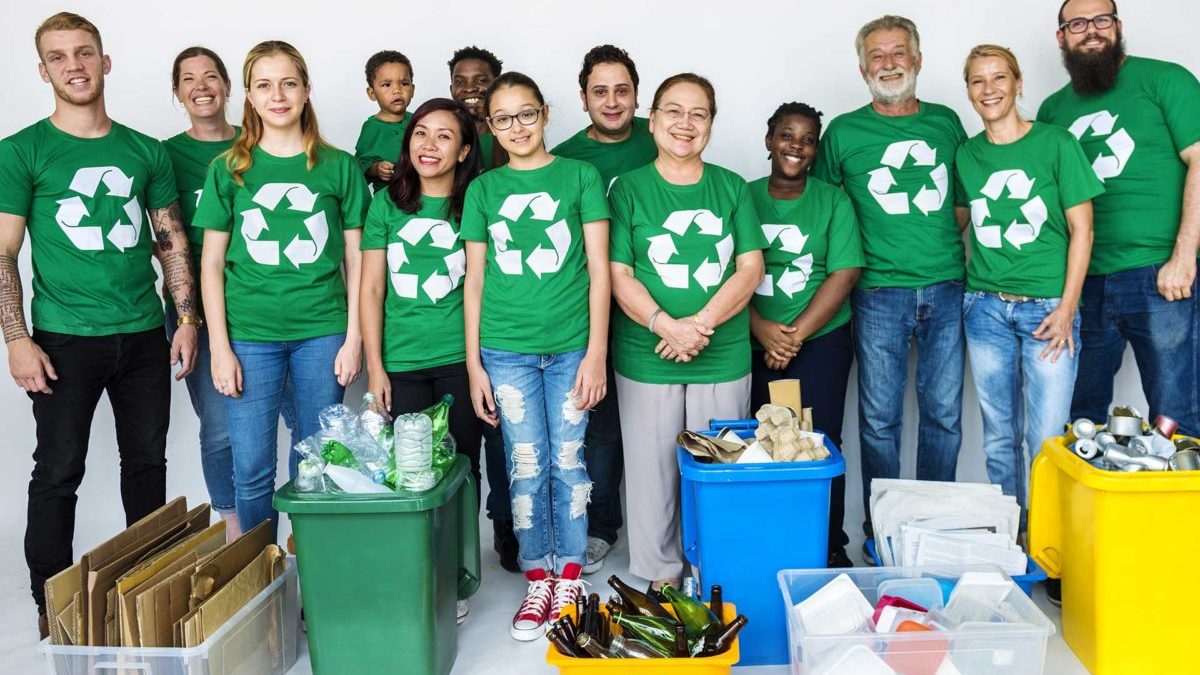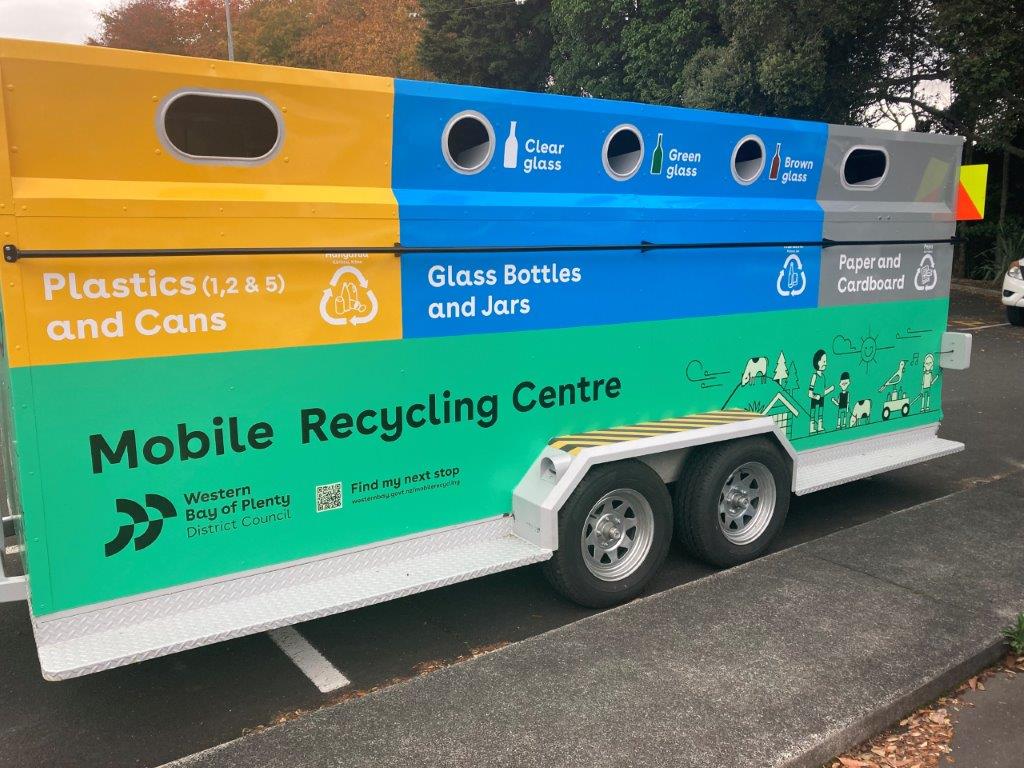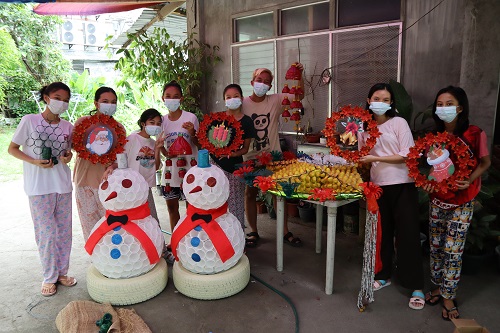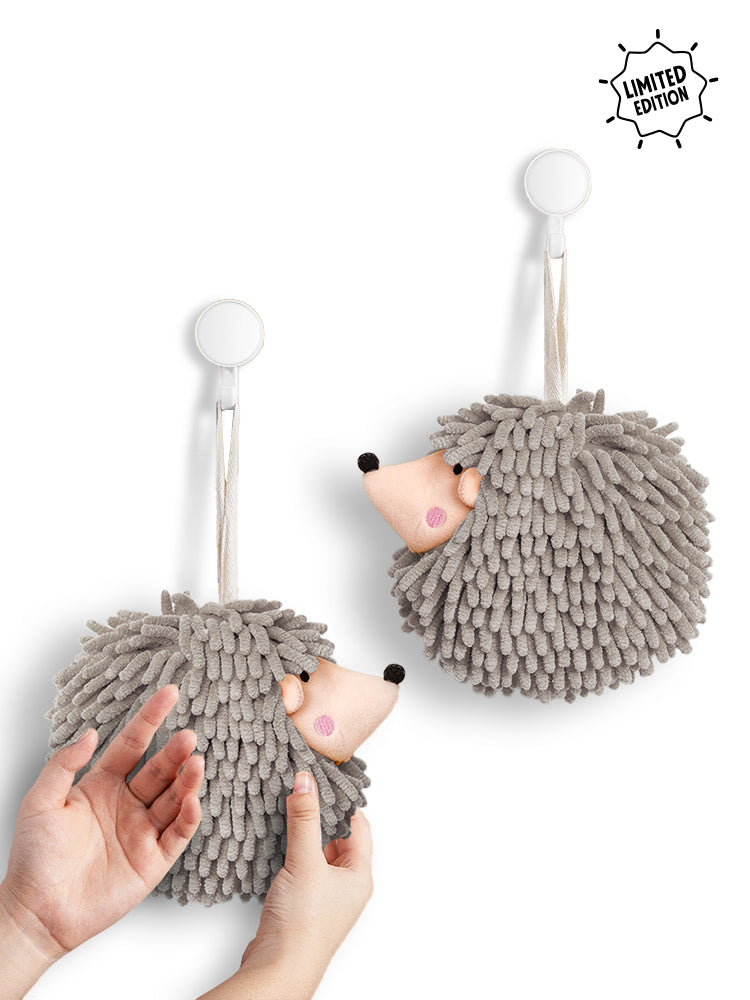
In a larger city, recycling is easy to manage. Recycling facilities tend to be nearby and easy to reach, so trucks can navigate neighborhoods and plan recycling pick-ups that are cost-effective. When you live in a rural area, you may not even have curbside trash hauling due to the distance between houses.
If there are five houses on the road and they’re spread out so that they’re several miles apart, the fuel and time it takes to go from one house to the next costs more than companies make selling recycled materials. The only option is to drive trash and recyclables yourself.
When you don’t have a truck, filling up a trunk or backseat with trash bags and recyclables is challenging. It makes it challenging and requires creative solutions to ensure that items don’t end up in the trash.
Establish Community-Based Programs

It’s worth talking to your town or people in your neighborhood about a community-based program. Instead of hiring staff to drive expensive trucks, set up a rotating team of volunteers who pick up and make the drive to the nearest recycling facility. This is an effective way to manage recycling in very small, rural communities, but you need the volunteers.
You could have town trucks pick up recyclables and get volunteers to sort items at a town garage. In exchange for their service, you could host a catered BBQ or dinner every few months. Non-volunteers could join in the fun, too, but they have to pay a fee. Use that money to fund the recycling venture.
Encourage Recycling

Encourage people to recycle through programs that provide incentives. For each bag of recyclables, residents get one entry into a giveaway for a gift basket of local products. Ask area farms and artisans to donate products for these giveaways.
As you hold monthly or quarterly giveaways, make sure you’re not allowing the same person to win the biggest prize every month. Establish rules to ensure everyone has a chance at the main prize by offering smaller prizes, too, or asking winners to sit out for a month or two.
Set Up Mobile Recycling Units and Make It Clear What’s Recyclable

Does your town have a farmers’ market? Look into mobile recycling units that you can set up at the farmers’ market. Area residents can drop off recyclables and shop for local goods in one trip. It’s also a good time to educate people about what is and what isn’t recyclable. It gets challenging when the rules differ from one location to the next.
A new resident is used to their former town’s policies where pizza boxes were readily recycled. They don’t realize that the boxes they recycle are messing up the recycling stream. Provide guides for all new residents to ensure they understand area rules. Offer updated sheets to all residents from time to time.
Hold a Quarterly Community Swap Meet

When there are items that are hard to recycle, people often put them in the trash. Hold a quarter swap meet where people can bring their used items that need a new home and give them to others.
For example, you have a lot of used clothing that no longer fits your kids. Go to a swap meet and give them away. While you do that, look at other swappers’ items to see if there are clothes that are the correct size for your children now.
People might want used baby food jars for making jams or organizing hardware like nuts and bolts. Your used books and magazines are useful to others who’ve been wanting to read that title or issue.
Sports equipment, old glass jars, and used small appliances are also desirable items at swap meets.
Post Ads in Community Forums
Before you recycle something like a load of glass jars or dozens of egg containers, ask if others need them. People with chickens go through a lot of egg containers each week. Just two healthy chickens can produce a dozen eggs in one week. If you have 10 chickens, that’s five dozen eggs each week.
Beekeepers need glass jars for honey. All of your recycled items could be useful to someone else, so try to give them away first.
Upcycle Your Unwanted Items

Have you ever seen the TV show “Flea Market Flip?” Contestants go through tables at a flea market and purchase unwanted goods. They turn those items into new furnishings or decorative items that they try to sell for a profit.
Upcycling is a great way to get value from unwanted items. Turn an old bookcase into a kitchen pantry by adding attractive doors and fresh paint. Drill holes into the rungs of an old wooden ladder and add plant pots. Add strawberry plants to each pot for a spacious planter where the strawberries are out of reach of insects and animals.
People have also turned old lobster traps into coffee tables by covering the top with plywood and broken dishes into a mosaic table top. Turn a worn tire into patio seating using plywood, paint, and thick strands of rope.
Sources:
- All photos used in this blogpost are sourced from the internet, and the rights belong to their respective owners
- Recycling in Rural Areas: Challenges and Creative Solutions. (n.d.). Retrieved from https://recyclenation.com/2024/09/recycling-in-rural-areas-challenges-and-creative-solutions/



